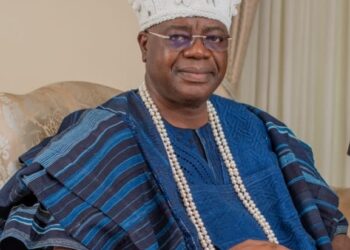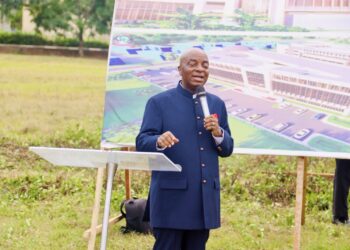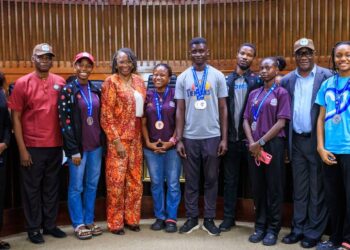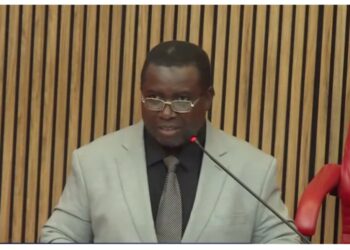The Federal Government of Nigeria has officially announced the discontinuation of the Bilateral Education Agreement (BEA) scholarship programme, citing it as an unproductive use of national resources.
Minister of Education, Prof. Maruf Tunji Alausa, made the declaration on Tuesday during a courtesy visit from the newly elected leadership of the National Association of Nigerian Students (NANS). He criticized the structure of the BEA, revealing that in 2024 alone, N650 million was requested to sponsor just 60 students to Morocco—a request he declined.
Alausa explained that several Nigerian students were sent to countries such as Algeria, a Francophone nation, to study courses like English, Sociology, and Psychology—programmes that are widely available and better taught in Nigerian universities.
According to the minister, the government had planned to spend a staggering N9 billion in 2025 to fund the education of 1,200 students abroad under the BEA scheme. “This is unfair to millions of Nigerian students who receive no government scholarship,” he said. “Every course those 1,200 students are studying abroad exists in Nigerian universities.”
He added that the government had already paid all allowances to current BEA scholars up to December 2024 and was working to clear outstanding payments impacted by foreign exchange fluctuations.
The minister also condemned what he described as the “blackmailing tactics” of some beneficiaries on social media and criticized the lack of proper academic monitoring of scholars under the scheme.
Looking ahead, Alausa confirmed that all current beneficiaries will be allowed to complete their programmes, but no new students will be accepted into the BEA from 2025 onward. He assured that funds previously allocated to the foreign scholarship scheme would now be redirected toward domestic scholarship programmes that would impact a larger number of students across the country.
The NANS President, Comrade Olushola Oladoja, applauded the minister for his bold reforms in the education sector, pledging the association’s support for policies that prioritize Nigerian students.


















































































 EduTimes Africa, a product of Education Times Africa, is a magazine publication that aims to lend its support to close the yawning gap in Africa's educational development.
EduTimes Africa, a product of Education Times Africa, is a magazine publication that aims to lend its support to close the yawning gap in Africa's educational development.